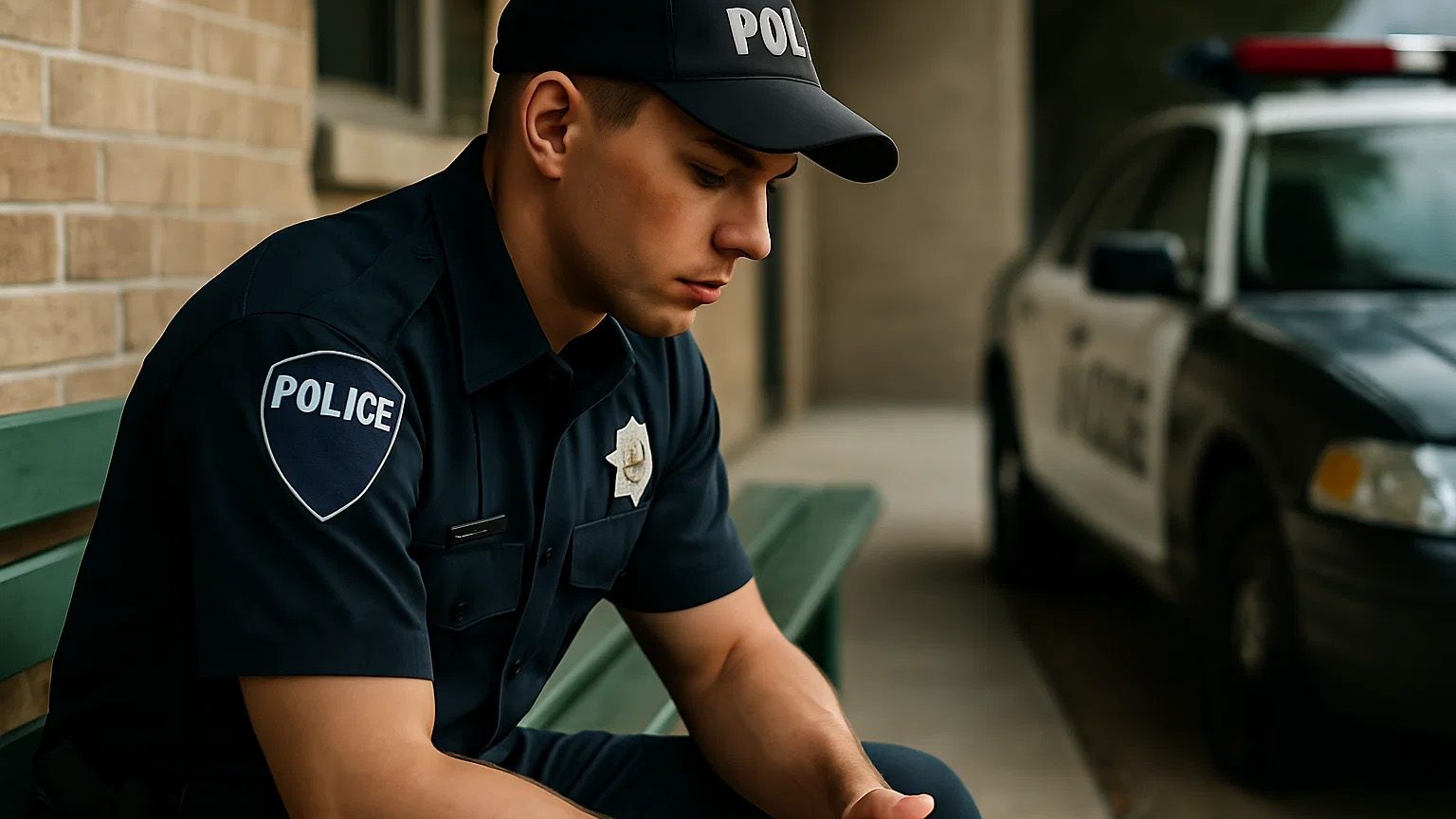Building Mental Toughness for Policing: Strength Starts in the Mind
Nov 05, 2025
You can ace the physical test, shoot with precision, and memorize every law—but if your mind breaks under pressure, the rest won’t matter. Mental toughness isn’t a bonus in policing—it’s the foundation.
Think of your mindset like body armor. It protects you in high-stress situations, helps you stay sharp when chaos hits, and keeps you grounded when emotions run high. Police work demands clarity, control, and calm—especially when the pressure is suffocating. In this blog, you’ll learn how to build resilience, stay focused, and prepare your mind for a career that’s as mentally demanding as it is physical.
1. Stress Inoculation: Train Your Brain to Stay Cool
When the pressure hits, your brain can’t rely on willpower alone—it needs preparation. Stress inoculation is about simulating intense, high-pressure scenarios in training so that your mind knows what to expect when the real thing happens.
It’s not about eliminating fear or anxiety. It’s about learning to function with them. Controlled breathing, visualization, and scenario-based drills all build your stress tolerance so you can stay effective in the heat of the moment.
Tip: Practice tactical breathing—inhale for 4 seconds, hold for 4, exhale for 4. Use it before and during stress drills.
Example: A 2021 study in Frontiers in Psychology found that recruits who used stress management techniques during training performed 30% better in decision-making scenarios.
“You don’t rise to the occasion; you fall to your level of training.” — Lt. Col. Dave Grossman
2. Control the Controllables
Police work is full of unknowns—calls can turn in an instant. But mentally tough officers learn to focus on what they can control: their attitude, their reaction, their preparation.
This mindset keeps you grounded. Instead of spiraling about what might go wrong, focus on showing up prepared, following your training, and adapting with a clear head. You can’t control someone else’s actions, but you can control your own.
Tip: Start every shift (or training day) with a “mental checklist”: Am I focused? Am I calm? Am I ready?
Example: Departments that incorporated mindset coaching into academy training saw a 40% reduction in performance anxiety among recruits.
“Worrying does not take away tomorrow’s troubles—it takes away today’s peace.” — Randy Armstrong
3. Bounce Back Fast—That’s Real Resilience
You will make mistakes in this career. What separates solid officers from struggling ones is how fast they bounce back. Resilience isn’t about being unshaken—it’s about recovery.
After a hard day or a bad call, mentally tough officers reflect, learn, and move forward. They don’t get stuck in guilt or doubt. Journaling, talking to trusted mentors, and maintaining a strong support system are key to staying mentally strong over the long haul.
Tip: End each week with a 10-minute reflection. What challenged you? What did you learn? What will you do better next time?
Example: Officers who practice regular reflection report lower rates of burnout and higher job satisfaction, according to a 2023 Police1 wellness report.
“It’s not how hard you hit. It’s how hard you can get hit and keep moving forward.” — Rocky Balboa
Final Word
Mental toughness isn’t something you’re born with—it’s something you build, day by day, drill by drill, challenge by challenge. When the job gets tough—and it will—your mindset will carry you through. Train it like your life depends on it… because sometimes, it just might.
Have a Question or Need Help?
Use the form below to reach out with any questions about our programs, services, or support. We’ll get back to you as soon as possible.
We hate SPAM. We will never sell your information, for any reason.

